ASD is a neurodevelopmental disorder determined by communication problems, difficulties with social interaction, and stereotyped patterns of behavior. Reporting has been increasing in India regarding the incidence of autism. Thus, support systems for individuals with autism, as well as their families,s are required. In the cosmopolitan city of Mumbai, people from all walks of life and various NGOs are functioning in order to give some much-needed support to individuals who have autism.
Here is the Article on the scenario regarding autism support services in Mumbai: prominent NGO for Autism in Mumbai and their missions, the services they render, challenges faced, and community impact.
Understanding Autism Spectrum Disorder
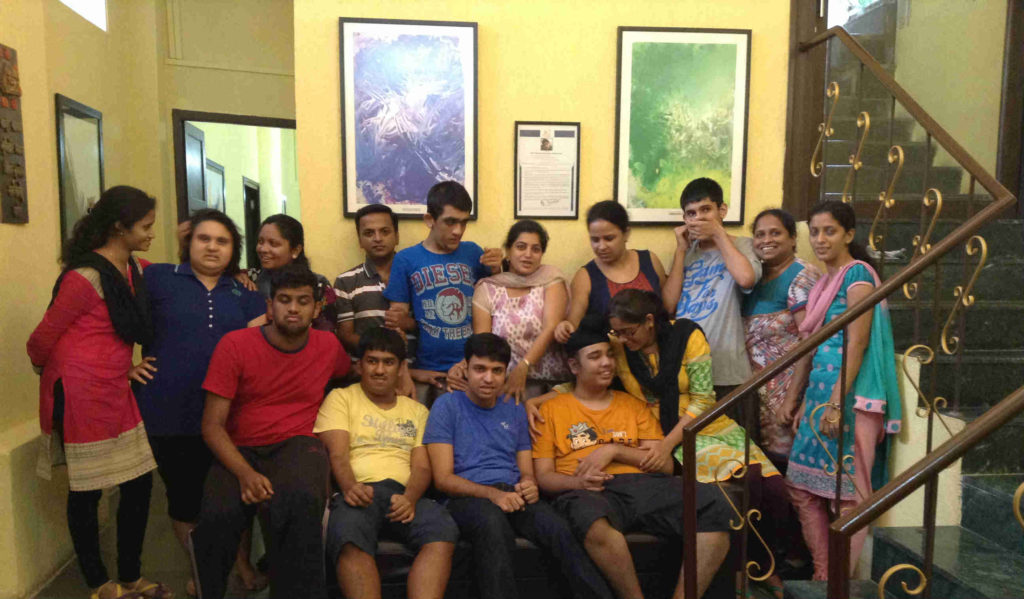
Autism is often coined as a spectrum disorder because a wide range of its symptoms and even the levels of impairment are under its umbrella. Individuals with Autism may have serious challenges in different levels of communication and also social interaction challenges, and they have peculiar strengths and challenges. Early diagnoses and intervention are some of the more critical factors responsible for improving their outcomes in autistic children.
NGO for Autism in Mumbai
NGOs play a significant role in order to support those with autism disorder as well as their family members in Mumbai. The services offered by different NGOs encompass early intervention programs, educational aids, vocational support, and counseling for families. Among the significant NGOs working in this field, there are the following:
Ummeed Child Development Centre
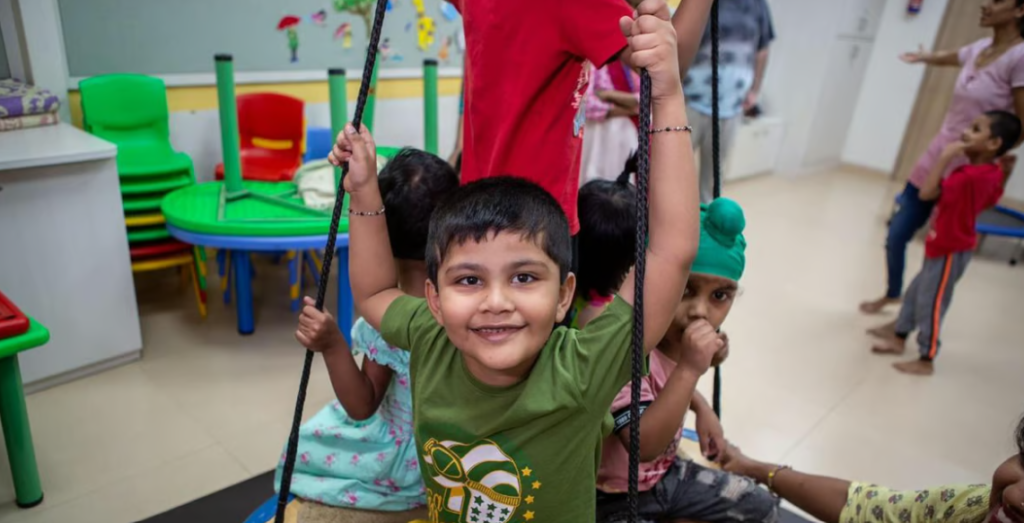
Objectives and Mission: Ummeed Child Development Centre supports children with developmental disabilities and autism, among others. The center was established in 2001 and has helped families and enhanced capacity through overall care that fits the needs of each child.
Services Offered:
Ummeed provides an approach that includes the following:
- Developmental Assessments: Thorough assessments to determine the specific needs.
- Medical Consultations: Access pediatricians specializing in developmental disorders.
- Sessions: one-on-one sessions that may include occupational therapy, speech therapy, and behavioral therapy.
- Educational Support: Education system guidance to locate the appropriate placements.
- Parent Training Programs: A series of workshops where parents can be taught to create opportunities at home to aid in the child’s development.
Impact: Ummeed makes sure that a holistic support structure is available for the families, thereby enabling the children to develop fully.
Website: https://ummeed.org/
Forum for Autism
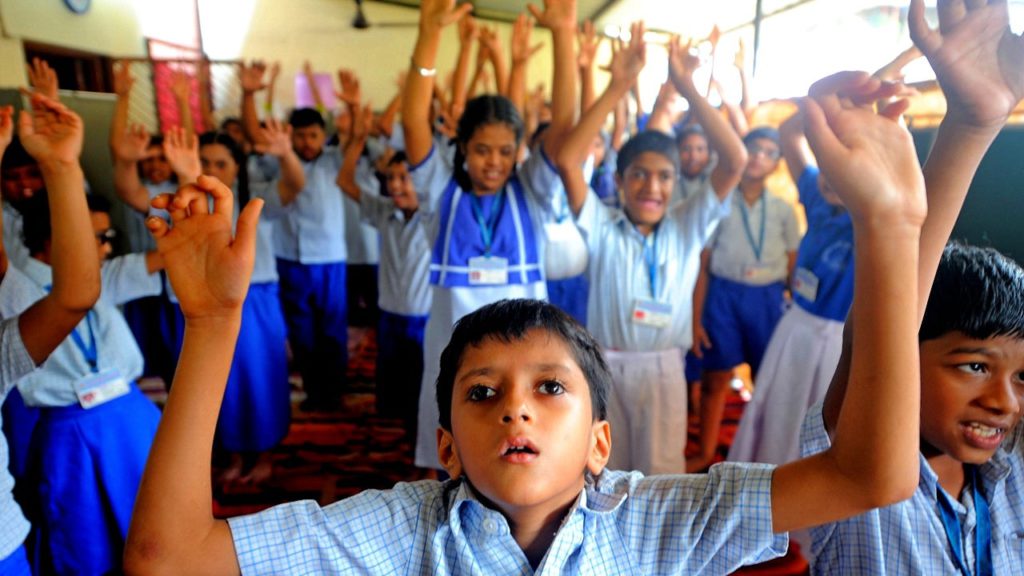
Objectives and Mission: The Forum for Autism was founded in 2006 to contribute positively to as many people with an autism diagnosis as possible through driving agendas of advocacy and service provision. The forum raises awareness of the issue while empowering families through the provision of resources.
Services Offered:
Forum for Autism offers different programs:
- Educational Support: Tailored educational plans to meet the needs of each.
- Therapeutic Interventions: Speech therapy, occupational therapy, and behavioral therapy are provided.
- Community outreach programs: These are events and activities carried out to raise higher awareness of this condition in the community.
- Workshop and Training Camps: Information-gathering initiatives for parents, as well as educational bodies such as teachers in schools.
Impact: Community outreach programs aim to create much-needed awareness and knowledge of this condition in society.
Website: https://www.forumforautism.org/
Society of Parents of Children with Autistic Disorders (SOPAN)
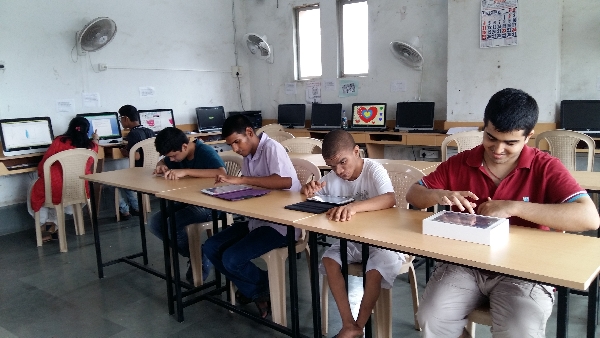
Objectives and Mission: SOPAN was initiated in 2002 by a group of parents who wanted education and training for their children with autism. The organization has become a national entity known for quality services.
Services Offered:
SOPAN offers the following programs:
- Early Intervention Services: The Spandan project focuses on early diagnosis and intervention.
- ICT Training Programs: For older children to enhance their skills in information technology.
- Employment Workshops: Saksham trains adults with autism in vocational skills.
- Family Support Initiatives: Counseling and support groups for families dealing with the challenges of autism.
Impact: SOPAN focuses on community participation and seeks to improve rehabilitation practices through the dissemination of information.
Website: https://sopan.org/
Jai Vakeel Foundation

Objectives and Mission: Jai Vakeel Foundation empowers intellectually and developmentally disabled people, including those who have autism. Their vision focuses on a society that is inclusive, where one is allowed to strive in accordance with his fullest potential capability.
Services Offered:
The foundation provides:
- Special Education Services are tailor-made for each child’s learning style.
- Vocational Training: The activities are meant to prepare older adolescents and adults for work.
- Family Support Resources: Guidance for families on how to negotiate the schooling system and related services.
Impact: Their community outreach activities center on awareness of disability while promoting acceptance from society.
Website: https://jaivakeel.org/
Action for Autism (AFA)
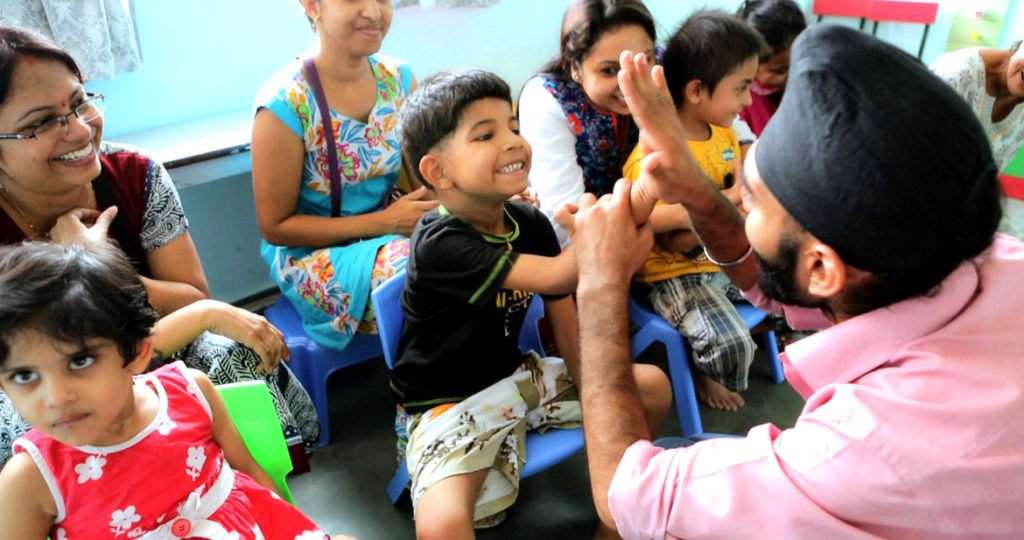
Objectives and Mission: AFA is one of the first and foremost organizations operating in India to support autistic individuals. Established in 1991, AFA would primarily like to emphasize education, generate awareness, lead to research in this area, support training, and be an authority to provide advocacy toward those on the spectrum.
Services Offered:
AFA offers the following services:
- Early Intervention Services: Early diagnosis followed by tailored intervention plans.
- Special Education Programs: Inclusive education options that cater to diverse learning needs.
- Vocational Training Opportunities: Skills training aimed at promoting independence.
- Family Support Initiatives: Programs for families that face issues related to autism.
Impact: AFA also advocates at the legislative level to safeguard the rights of individuals with autism.
Website: https://www.autism-india.org/
Umang Charitable Trust
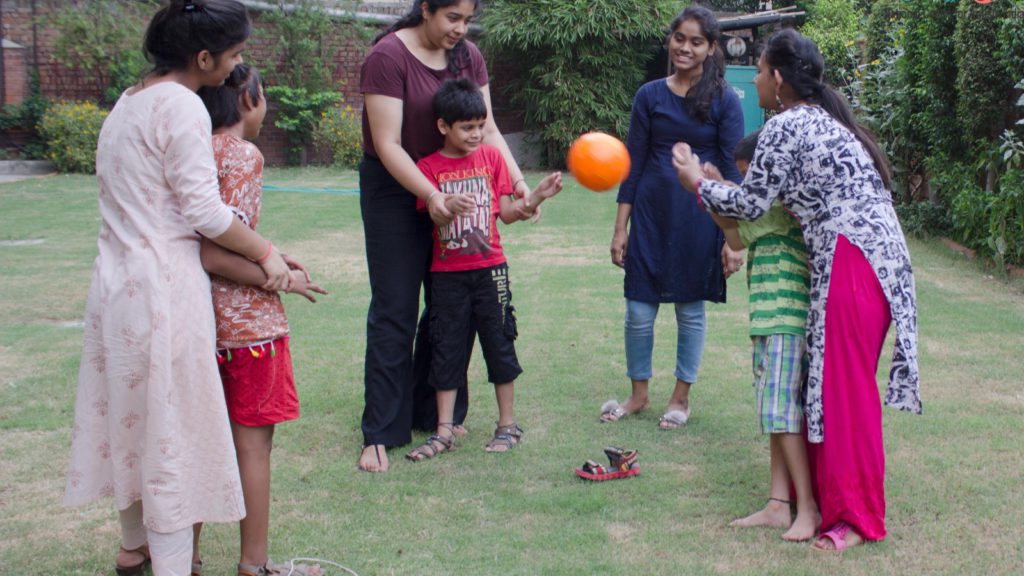
Objectives and Mission: Umang Charitable Trust serves children with developmental disabilities, including Autism, focusing on interdisciplinary care. Its mission originates from delivering comprehensive clinical services in addition to educational support.
Services Offered:
- Provides clinical services, such as pediatric assessment and a wide range of therapies.
- Free Education: Occupational therapy, speech therapy, and remedial education are provided to poor children along with education.
- Outreach Programs: Partnership with local schools for outreach programs targeting differently-abled children in need of special care.
Impact: This organization is, therefore, essential in ensuring that children from various backgrounds are offered proper care.
Website: https://umang-trust.org/
Divyam Centre for Autism
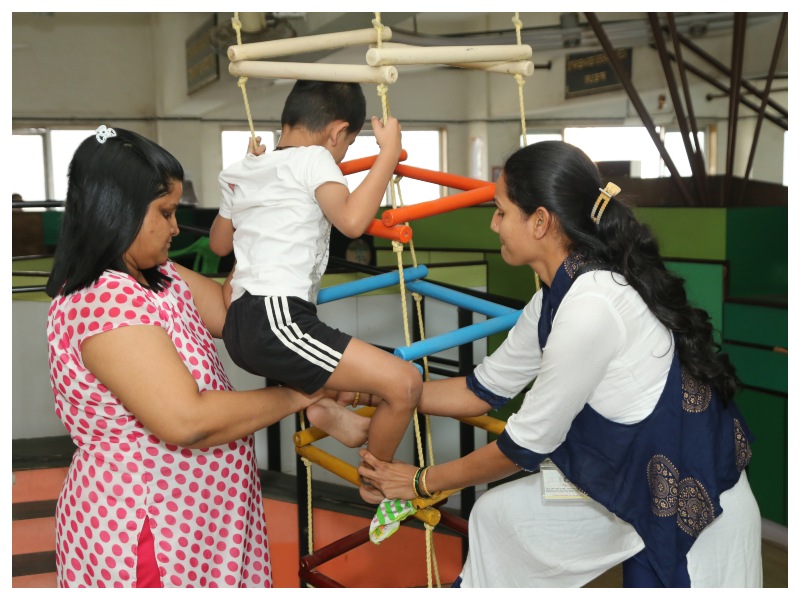
Objectives and Mission: Divyam Center concentrates on delivering specialized care to both youngsters and adults living with autism and other types of intellectual disability. Its mission talks of the development of an inclusive environment where all people can succeed.
Services Offered:
- Therapeutic Services: Specific therapies focused on the needs of the client.
- Educational Programs: Personalized learning programs for different talents.
- Family Counseling: Support services to help families cope with the challenges of caring for an individual with autism.
Impact: Their approach integrates therapeutic interventions with educational support tailored for each individual.
Website: https://www.facebook.com/divyammga/
Early Intervention Importance
Research has continually demonstrated that early intervention is one of the most significant predictors of outcomes for children with autism. Most NGOs in Mumbai have emphasized this point by offering programs that target the younger age groups. Early intervention involves several essential components:
- Developmental Assessments: Early identification through comprehensive assessments will allow professionals to determine specific needs. This may lead to timely interventions that can significantly enhance developmental trajectories.
- Therapeutic Services: Early access to therapeutic services like speech therapy or occupational therapy can address deficits in communication or sensory processing issues.
- Parent Training: The preparation of parents with strategies equips them to reinforce skills learned during therapy sessions at home. This creates a consistent learning environment that supports overall development.
Challenges Faced by NGOs
Despite the critical work being done by these NGOs, several challenges persist:
- Funding Constraints: Most organizations survive on donations and grants. These may not be forthcoming all the time. Less money limits the number of programs running or discourages engagement.
- Lack of Awareness Issues: There is still quite a lot of ignorance about the condition. Stigma primarily results from misconception. In effect, it isolates the affected families from social networks that have the possibility of helping them.
- Resource Limitations: Some NGO services suffer from inadequate provision of resources, as there is great demand for them. This may lead to a long waiting list or insufficient staff-to-client ratios.
For the resolution of these problems, collaborative engagement between government bodies, private sectors, and civil society is crucial.
Community Engagement: A Critical Component
Community engagement is an important aspect that makes NGOs working with autistic people more effective. Involving the local community helps in acceptance and understanding, and it provides essential resources for those in need. Here are some ways community engagement manifests:
- Awareness Campaigns: NGOs usually hold awareness campaigns that educate the public about autism. These help eliminate myths surrounding the condition and encourage acceptance in society.
- Fundraising Events: The NGO can raise funds and create awareness for their cause at the same time. Events like marathons or charity dinners can engage the community while supporting vital programs.
- Volunteer Programs: Most organizations depend on volunteers who donate their time and skills to different initiatives. Volunteers may assist in administrative tasks or directly support therapeutic sessions under professional supervision.
Future Directions: Strengthening Support Structures
With awareness about autism increasing in India-spreading increasingly into urban areas such as Mumbai-we must strengthen the existing support structures. For this, concerted efforts from all stakeholders, like government departments, private players, educational organizations, etc., are necessary. Some possible future directions are as follows:
- Policy Advocacy: Advocating for policies that recognize rights & entitlements specifically targeting those affected by disabilities could pave the way towards improved access & quality care across the board!
- Enhanced Training Programs: Expanding training opportunities not only among professionals working directly but also among educators & healthcare providers would ensure holistic understanding, leading to better integration strategies across settings!
- Research Initiatives: Investment in such research directed especially towards effective interventions might provide precious guidelines for future practices while keeping evidence-based approaches central during service delivery processes!
The picture of support that an individual diagnosed with a spectrum disorder has around them is exciting yet challenging. Organizations like the Ummeed Child Development Centre Forum For Autism SOPAN Jai Vakeel Foundation Action For Autism reflect commitments to essential services that empower an autistic individual along with his family members!
By focusing on early intervention, raising awareness, and fostering community engagement, these entities significantly contribute to the making of an inclusive society wherein every individual diagnosed with spectrum disorders has the opportunity to reach their fullest potential!
As we move forward, it becomes imperative that we continue to support these NGOs through donations, volunteer work, and spreading knowledge about the vital work that they undertake together so we can build a brighter future, ensuring no one is left behind!
Leave a Reply